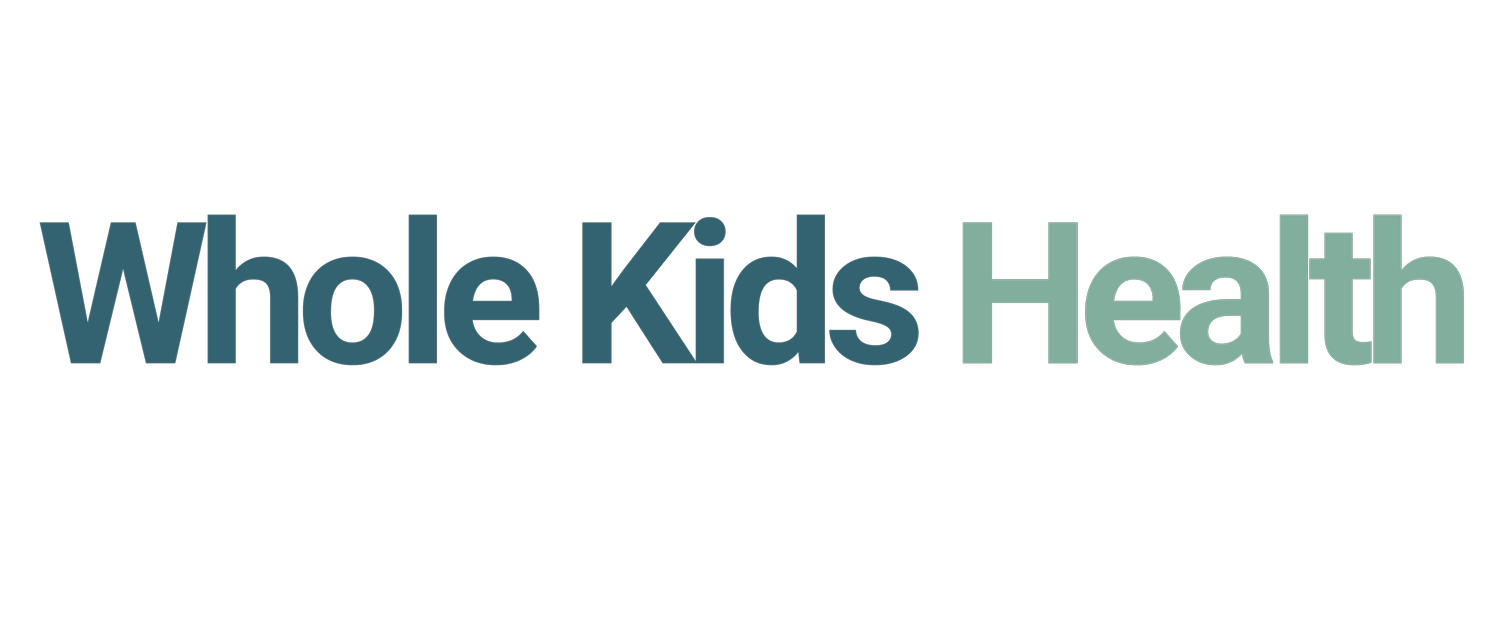
French Language
Assessments
Psychoeducational assessments for students in French instruction.
We offer psychoeducational assessments designed for bilingual students whose dominant language is English and who are receiving schooling in French, whether in French Immersion, Extended French, or a French-language school.
Most of the assessment is conducted in English, including cognitive, memory, and attention measures. However, academic tasks—such as reading, writing, and spelling—are evaluated in both English and French. This dual-language approach offers a comprehensive understanding of the student's learning strengths and differences.
By assessing learning in both languages, we can better determine whether difficulties stem from instruction in French or suggest an underlying factor, such as a Learning Disability.
Connecting you with assesment services
1
Complete an intake.
You will complete a brief intake questionnaire so that we may learn about your needs and goals. This also helps ensure that our services are right for you.
2
Meet your clinician.
Ready to be matched? We will share who from our team is the best fit for your needs and preferences, invite you to read their clinician bio, and answer any questions.
3
Assessment.
A plan will be developed collaboratively with your clinician, based on assessment goals. After testing, you will receive a written report and participate in a feedback session.
FAQs
-
Our psychologists and doctoral level associates have extensive knowledge regarding child development. They assess cognitive skills and make recommendations to help adapt the environment to support your child’s learning. Our team are amazing at helping teachers put recommendations in place at school and home. They work with the school teacher and can offer school meetings to help with Individualized Education Plans.
-
The assessment has three parts:
We meet with you to ask questions about your child’s developmental history and we might ask you and your child’s teacher to complete some questionnaires.
Your child will complete lots of tasks that assess their thinking skills. These are fun and engaging and many of them are on iPads.
You will meet with us to receive the results of your child’s assessment and we will provide you with a comprehensive report. We provide recommendations and can talk with school teachers and schools to help your child achieve their best.
-
Cognitive means thoughts or our thinking processes. A cognitive assessment is sometimes called an educational assessment, a learning assessment or a psychoeducational assessment. They measure a child’s strengths and difficulties in:
language
memory
visual and spatial reasoning
attention
executive functioning
For example, we can assess for Specific Learning Disorders in Reading, Written Expression, or Mathematics (these used to be called Dyslexia and Dyscalculia). Or you might be interested to assess if difficulties with attention might be part of an ADHD diagnosis. We can also assess if anxiety is causing problems with test taking. Please note that Psychologists do not prescribe medication and we recommend talking with a GP, Pediatrician or Child Psychiatrist.

